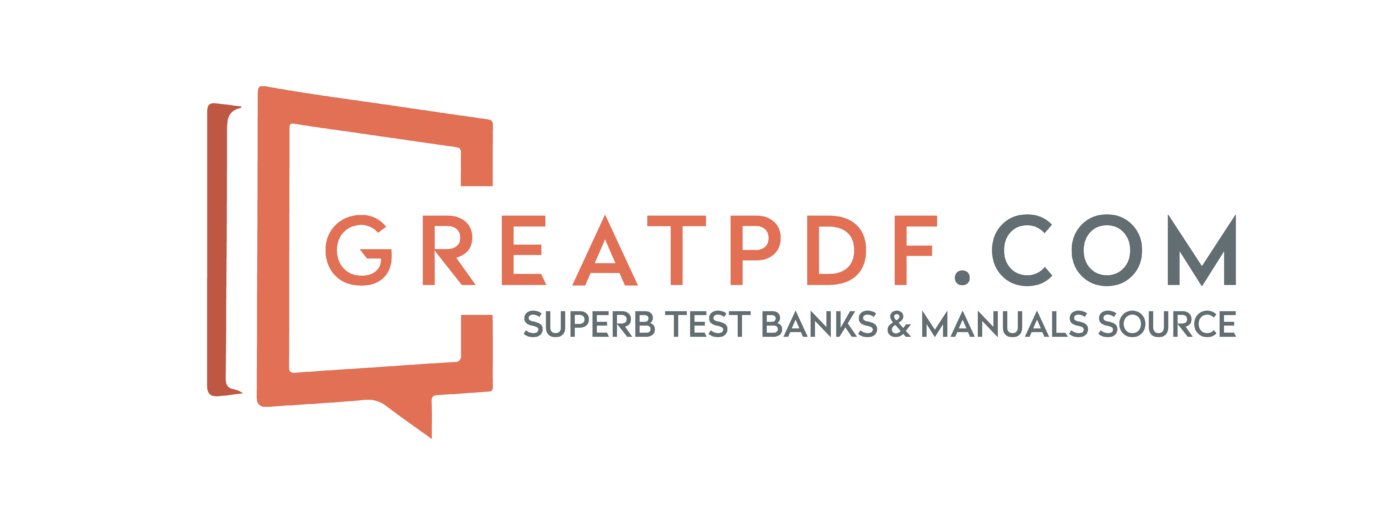A solid interview can make all the difference in your job search journey. It’s the moment where you have the opportunity to shine, showcasing your skills, talents, and emotional intelligence. However, mastering the art of interviewing requires preparation and specific techniques to stand out among other candidates vying for the same position.
Here, we’ll delve into six essential interview skills that can help you articulate your value effectively and edge closer to securing your dream job.
1. Clarify Interview Questions
During an interview, it’s not uncommon to encounter questions that may seem ambiguous or unclear. Many candidates hesitate to seek clarification, fearing it may reflect poorly on their attentiveness. However, asking for clarification demonstrates your commitment to providing thoughtful, relevant responses. Sara Sutton, CEO of FlexJobs, advises paraphrasing the question to ensure understanding. Moreover, using this opportunity to pose insightful questions to the interviewer can further showcase your interest in the role and company culture.
2. Think Out Loud
Stalling or responding with “I don’t know” can hinder your interview performance. Shon Burton, CEO of HiringSolved, suggests thinking aloud as a strategy to navigate challenging questions. By articulating your thought process, you demonstrate active engagement and may even prompt the interviewer to provide hints or additional guidance.
3. Communicate Nonverbally
Your body language speaks volumes during an interview. Jonna Myers, an instructor at Southwestern Oklahoma State University, emphasizes the importance of practicing good nonverbal communication to convey confidence and engagement. Conducting mock interviews and focusing on eye contact, posture, and facial expressions can help you project professionalism and ease nervousness.
4. Know Your Resume Inside Out
While your resume highlights your achievements, being able to discuss them in-depth adds credibility. Sanjay Sathe, founder of RiseSmart, advises quantifying accomplishments with specific statistics to provide context and substantiate your claims. Familiarizing yourself with your resume ensures you can seamlessly elaborate on your experiences during the interview.
5. Tell a Compelling Story
Beyond what’s on paper, the interview allows you to craft a narrative that showcases your personality and suitability for the role. Sanjay Sathe stresses the importance of creating cohesive stories that align with the employer’s needs. By illustrating your career trajectory and accomplishments, you provide a holistic view of your capabilities and aspirations.
6. Leverage Company Knowledge
Researching the company and interviewers beforehand empowers you to tailor your responses effectively. Jonna Myers recommends delving into the company’s community involvement, location, and recent news to demonstrate genuine interest and alignment with their values. Utilizing platforms like LinkedIn can also provide valuable insights into the backgrounds of interviewers, fostering meaningful connections during the interview.
Before and After the Interview
Preparation extends beyond the interview room. Before the interview, create a checklist, rehearse responses, and review your resume thoroughly. Afterward, send a personalized thank-you note, avoid excessive communication, and exercise patience while awaiting feedback. Remember to stay relaxed and engaged in other activities to maintain a positive mindset.
Nailing the Interview
Mastering interview skills requires dedication and practice, but the payoff is invaluable. By honing these essential techniques, you can approach interviews with confidence, leaving a lasting impression on prospective employers. Ultimately, interviewing is about more than just showcasing your qualifications—it’s about fostering genuine connections and demonstrating your potential to excel in the role.
